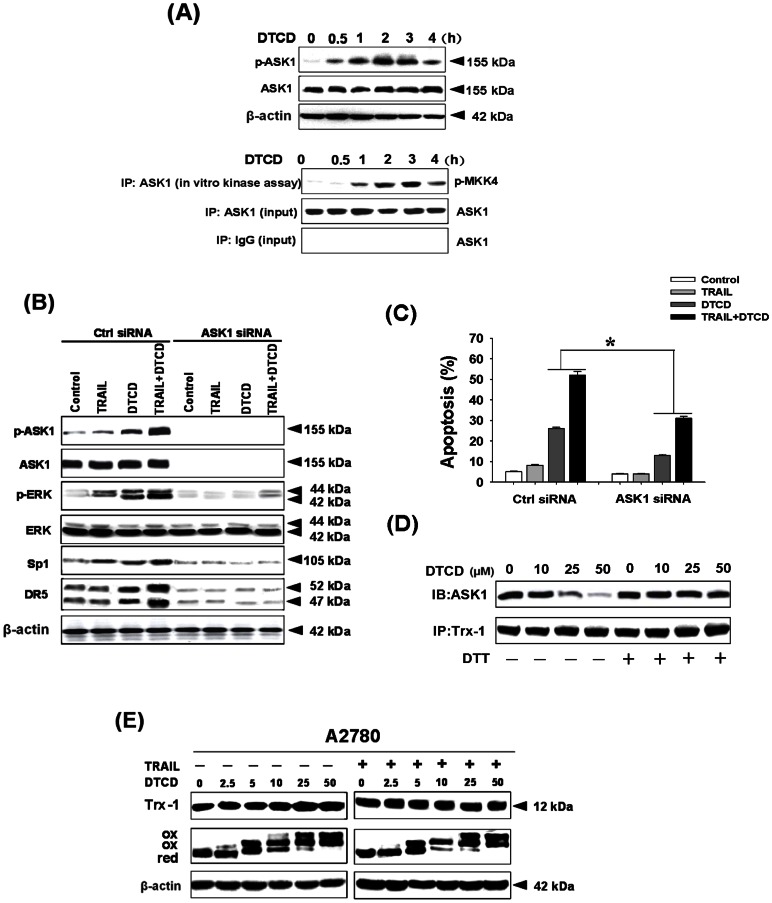Figure 6. DTCD synergizes with TRAIL in activation of ASK1/ERK pathway.
(A) Cells were treated with DTCD (10 µM) at indicated time points and the expression of ASK1 and p-ASK1 was determined by immunoblotting. For in vitro kinase activity assay, the ASK1 in the lysates was immunoprecipitated (IP) with the anti-ASK1 antibody and then incubated with MKK4 in the presence of [γ-32P] ATP, and MKK4 phosphorylation was detected via autoradiogram. (B) Suppression of ASK1 expression by RNA interference inhibits DTCD and/or TRAIL-induced apoptosis upon ERK activation. A2780 cells were transfected with ASK1 siRNA and treated with DTCD in the presence or absence of TRAIL. The levels of p-ASK1, ASK1, p-ERK, ERK, Sp1 and DR5 were analyzed by Western Blotting. Cell apoptosis were assayed by AnnexinV/PI staining (C). (D) Oxidation of Trx will bring on dissociation of the complex Trx-1-ASK1 and activation of MAPK system. A2780 cells were treated with DTCD for 1 h. Cell protein lysates were treated with or without DTT (1 mmol/L) for 30 min and then subjected to immunoprecipitation (IP) using an anti-Trx-1 antibody and the precipitates were immunoblotted for ASK1. (E) The level of Trx-1 was detected by Western blot in whole-cell lysates from A2780 cells treated with DTCD for 1 h in the absence or presence of TRAIL (200 ng/mL). Cell lysates were processed to identify Trx-1 redox forms denoted as follows: red, reduced form; ox, oxidized form, the topmost ox band is the one most oxidized.

